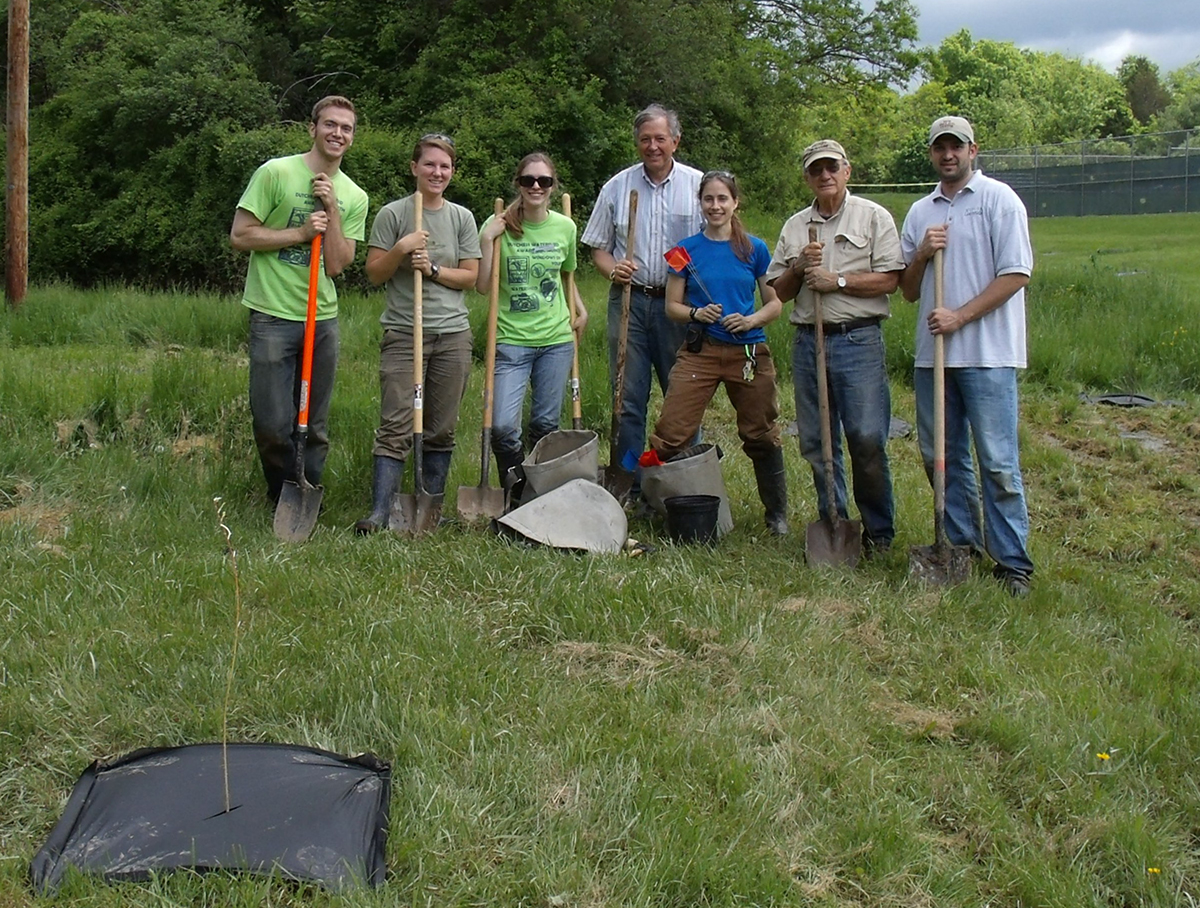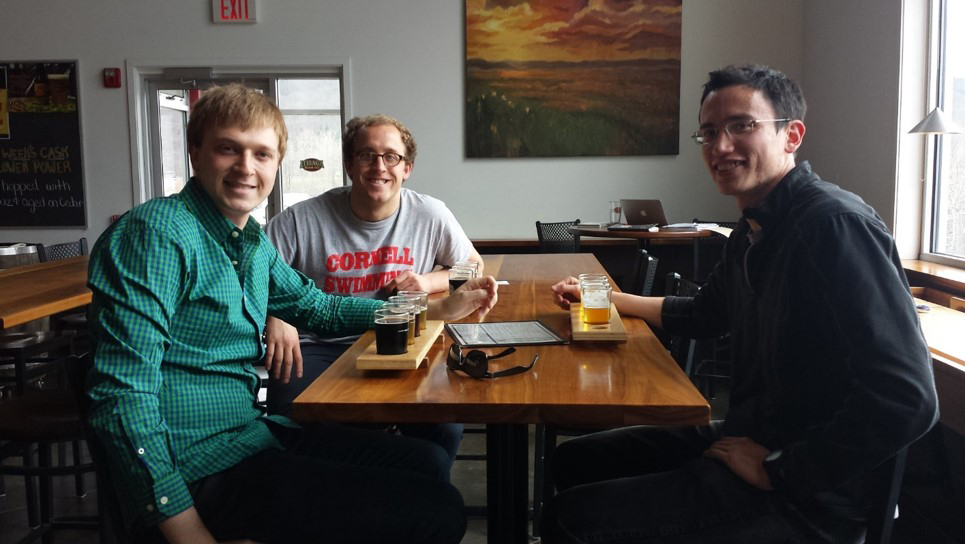Nine projects receive undergrad engaged research funding
By Daniel Aloi

Nine teams at Cornell conducting research from Ithaca to India were recently awarded Undergraduate Engaged Research Programs grants, administered by Engaged Cornell.
The awards, new in 2016, fund research projects that will involve 34 faculty and staff members across 18 academic departments and units in all Cornell undergraduate colleges, as well as an anticipated 136 undergraduate students and 16 community partners.
The grants support established faculty researchers providing undergraduates with community-engaged research opportunities. Students will work in collaborative teams and in programs with capacity to sustain the work beyond the funding period.
Funding was awarded to the following project teams:
• Research in the Nilgiri Biosphere Reserve on land use and health issues, connecting Cornell students with indigenous students in partnership with the Keystone Foundation of Tamil Nadu, India. The project is led by Steven Wolf, associate professor of natural resources, in collaboration with Neema Kudva, associate professor of city and regional planning, Andrew Willford, professor of anthropology, and Rebecca Stoltzfus, professor of nutritional sciences and provost’s fellow for public engagement.
• Crafting Independent Scientists Through an Analytical Approach to Craft Beer Production: Research by food science and chemistry students will aid the Ithaca Beer Company in evidence-based decision making on improving beer taste and brewing efficiency. The project is led by Brian Crane, professor of chemistry and chemical biology, in collaboration with Gavin Sacks, associate professor of food science, and Chris Gerling, manager of the Vinification and Brewing Laboratory at Cornell and extension associate at the New York State Agricultural Experiment Station in Geneva.

• Thinking Outside of the (Nest) Box: Students will engage with citizen-scientists who define real-world biological research questions about the reproductive success of nesting birds; the project also will help foster excitement about communicating science to the public. Led by David Bonter, assistant director of the Citizen Science Program (CSP) at the Cornell Lab of Ornithology, with Robyn Bailey, NestWatch program director for CSP, Todd Bittner, director of natural areas at Cornell Plantations, and Miyoko Chu, Lab of Ornithology senior director for communications.
• High Energy Cost Burdens for Low-to-Moderate Income Rentals: A multidisciplinary team of students will work with low-income residents in Tompkins County on solutions to reduce household energy consumption, and work to determine ways to support communities with high energy burdens (the ratio of energy costs to household income). The project is led by Howard C. Chong, assistant professor in the School of Hotel Administration, and Christopher Barrett, the Stephen B. and Janice G. Ashley Professor in the Charles H. Dyson School of Applied Economics and Management.
• Monitoring Riparian Restoration – Trees for Tributaries in the Hudson and Beyond: Cornell researchers are partnering with the Hudson River Estuary Program to seek and evaluate solutions to improve degraded riparian areas in upstate New York watersheds. Led by M. Todd Walter, associate professor of biological and environmental engineering (BEE), with Alex Flecker, professor of ecology and evolutionary biology, Clifford Kraft, associate professor of natural resources, and Brian Rahm, BEE research associate.
• Rust to Green – Living With Water Initiative: A participatory-action effort to achieve flood resilience while working toward sustainable community development and engaging local and state government officials with residents and artists in Binghamton, New York, in partnership with Cornell Cooperative Extension of Broome County. Led by Shorna Allred, associate professor of natural resources, with Paula Horrigan, associate professor of landscape architecture, Joana Chan, research associate at the Cornell Institute for Climate Change and Agriculture, Scott Peters, professor of development sociology, Robin Blakely-Armitage and David Kay, both senior extension associates in development sociology, Keith Tidball, senior extension associate in natural resources, and Amy Somchanhmavong, associate director of the Cornell Public Service Center.
• Community Health in Coastal Ecuador: Students and faculty will collaborate in research with local partners in Ecuador to study infectious disease, technology, nutrition and a range of other topics to improve community health. Led by Julia Finkelstein, assistant professor of epidemiology and nutrition and Follett Sesquicentennial Faculty Fellow, with David Erickson, associate professor of mechanical engineering, Saurabh Mehta, assistant professor of global health, epidemiology and nutrition, and Timothy DeVoogd, professor of psychology.
• Advancing High Road Student Research – Social Sector Studies in Action: High Road Fellowship research students in the ILR School will be given increased opportunities to translate policy to better inform community and economic development practices for community partners in Buffalo, New York. The project lead is Lou Jean Fleron, ILR Extension professor emerita, with High Road program director Megan Connelly and ILR faculty members Shannon Gleeson, Marya Besharov, Ronald Applegate, Diane Burton and Sam Magavern.
• Engaged Risky Decision Making: A study of adolescent perception of risk around driving, unprotected sex and substance abuse, to understand how behaviors change when risks and benefits are presented in different ways. Led by Valerie Reyna, professor of human development.
Media Contact
Get Cornell news delivered right to your inbox.
Subscribe